Japan Is Obsessed With Vending Machines

When one thinks of Japan, images of neon lights, sushi, anime, and technology may come to mind. However, one of the most ubiquitous and unexpected sights in Japan is its vast array of vending machines.
It's hard to walk more than a few blocks without encountering at least one, selling everything from hot coffee and cold drinks to ramen noodles and even underwear. So why is Japan so obsessed with vending machines?
One reason for the prevalence of vending machines in Japan is the country's culture of convenience.
Japan is a country that places a high value on efficiency and time-saving measures. With a population of over 126 million people, and many working long hours, vending machines provide quick and easy access to everyday goods.
They are available 24/7 and can be found almost everywhere, including remote rural areas and train platforms.
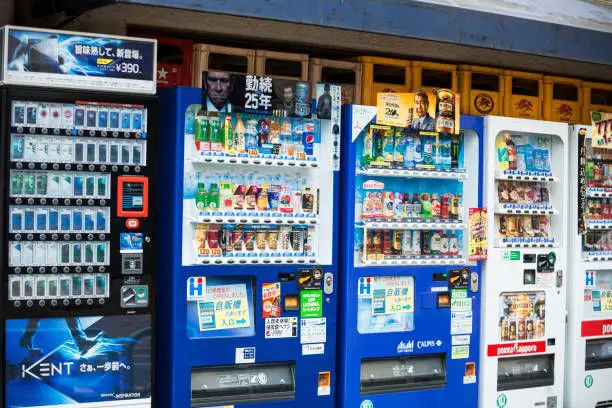
Moreover, Japan is a country with a large number of commuters, and vending machines make it easy for them to grab a quick snack or drink on the go.
Many vending machines in Japan offer hot drinks like coffee and tea, which are particularly popular during the winter months.
It's not uncommon to see people lining up at vending machines during cold mornings, waiting for their turn to purchase a hot drink to warm themselves up.
Another reason for the prevalence of vending machines in Japan is the economic benefits they provide.
According to a report by the Japan Vending Machine Manufacturers Association, there are over 5.5 million vending machines in the country, generating around 6 trillion yen (approximately $54 billion USD) annually.
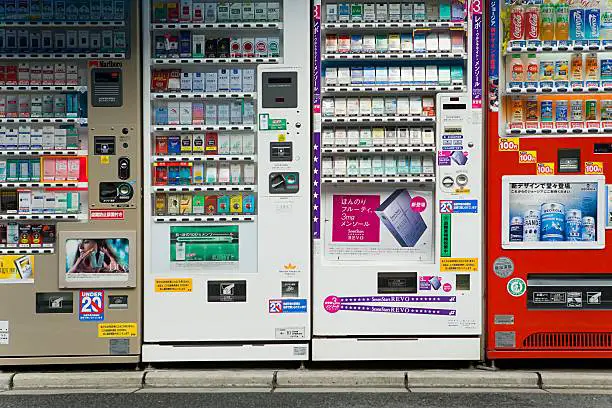
This industry employs over 160,000 people and is an important source of income for small businesses and entrepreneurs.
Furthermore, vending machines are an essential part of Japan's tourism industry. Visitors to Japan often marvel at the variety of products available in vending machines, ranging from traditional Japanese snacks to quirky items like canned bread and hot dog buns.
Many tourists take photos of vending machines as a way to document their trip to Japan, and the machines have become a symbol of the country's unique blend of traditional and modern elements.
Japanese vending machines are also known for their technological advancements. Many machines have digital screens displaying advertisements, while others offer touchless payment options such as mobile payment systems or prepaid cards.
Some even have facial recognition software that can suggest drinks based on the customer's age and gender.
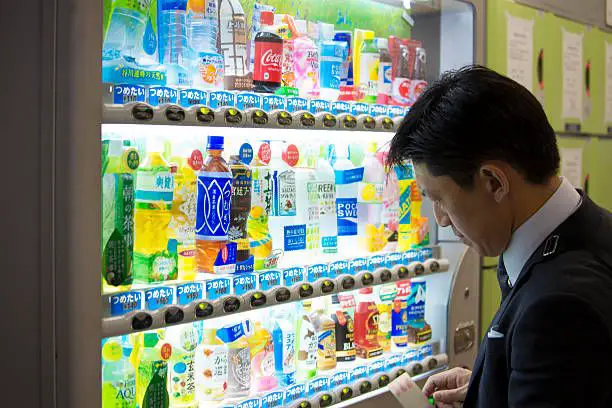
Additionally, vending machines are equipped with sensors to detect when products run low, enabling restocking and reducing waste.
Moreover, vending machines have become an essential part of Japan's pop culture. They have appeared in many Japanese anime and manga series, often as a way for characters to grab a quick snack or drink on the go.
Vending machines have also been the subject of art installations and photo exhibitions, showcasing their cultural significance in Japan.
Finally, Japanese vending machines are a source of pride for many people. The machines are known for their reliability, cleanliness, and safety.
Unlike in other countries, vandalism and theft of vending machines are rare in Japan, which is a testament to the country's strong social norms and respect for public property.
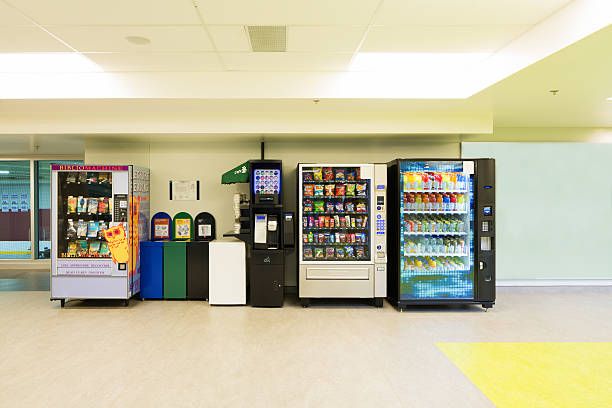
Japanese vending machine manufacturers take pride in their products and go to great lengths to ensure their machines are of the highest quality.
In recent years, Japanese vending machines have expanded beyond traditional products like drinks and snacks to offer more unusual items.
For example, in 2017, a vending machine that dispensed umbrellas was installed in Tokyo, while in 2019, a vending machine that sold Japanese rice was introduced in Osaka.
These unique vending machines have captured the attention of both locals and tourists, and their popularity shows no sign of slowing down.
However, despite the convenience and popularity of vending machines in Japan, there are also concerns about their impact on society.
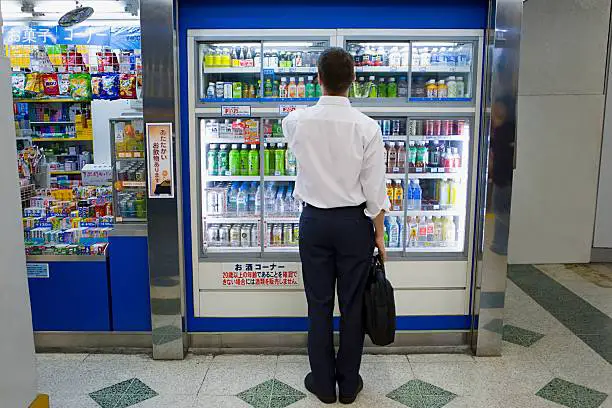
Some critics argue that the widespread availability of vending machines has contributed to Japan's obesity epidemic, as many machines offer high-calorie drinks and snacks.
Others have raised concerns about the environmental impact of vending machines, particularly in terms of plastic waste.
To address these concerns, the Japanese government has taken steps to promote healthier vending machine options, such as offering more low-calorie drinks and snacks.
In addition, some companies have introduced vending machines that use biodegradable cups and packaging materials to reduce plastic waste.
Overall, Japan's obsession with vending machines is a unique aspect of the country's culture that reflects its values of convenience, efficiency, and innovation.
While there may be some concerns about their impact on society and the environment, vending machines remain an integral part of Japan's daily life and identity.
For visitors to Japan, trying out the various vending machines around the country can be a fun and unique way to experience the country's culture and traditions.
